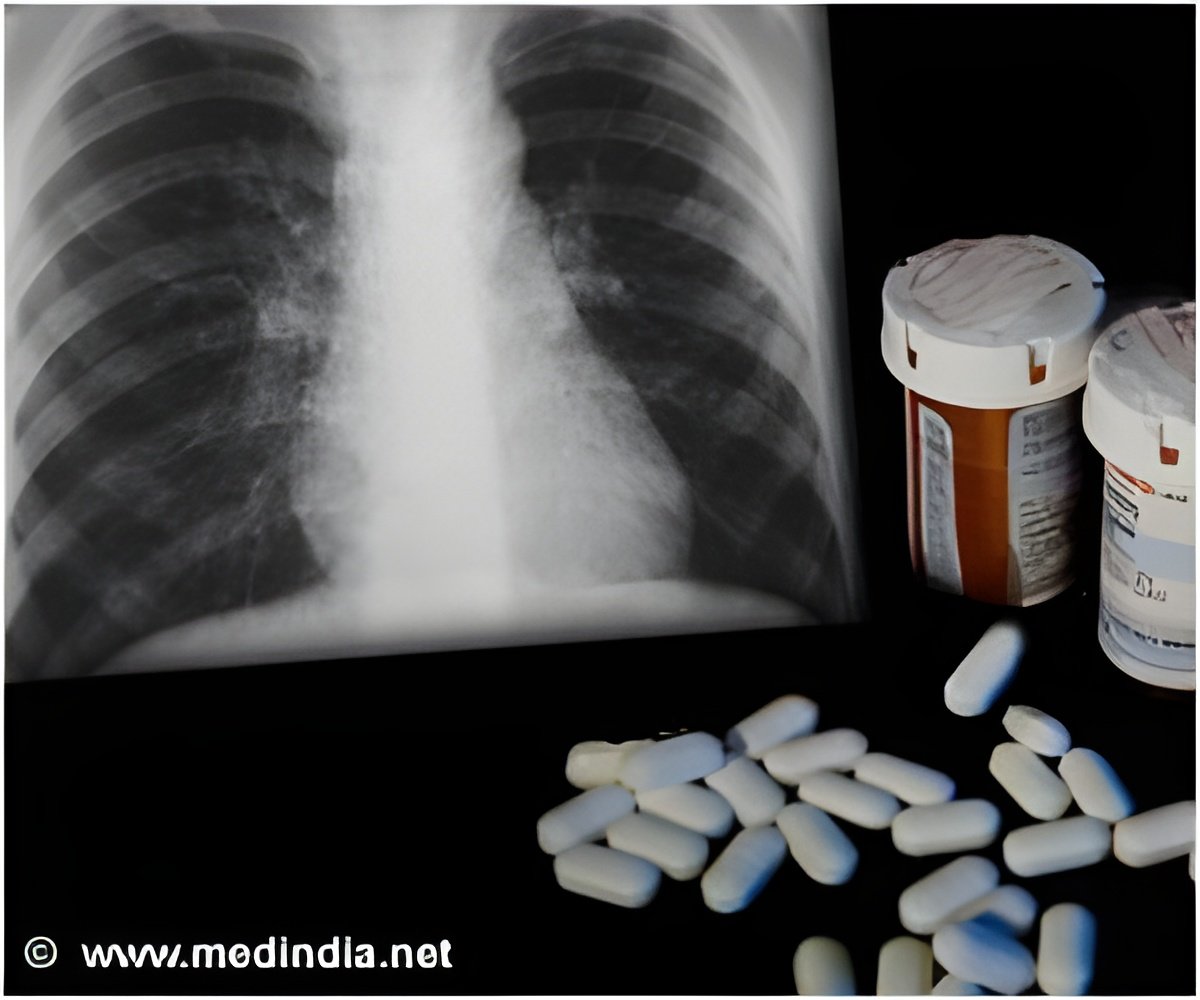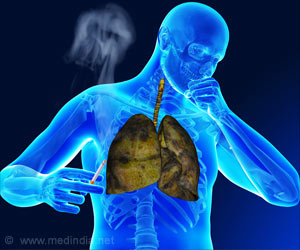
‘Multidrug-resistant tuberculosis regimens including more potentially effective drugs than the minimum of five currently recommended by WHO may encourage improved response to treatment in patients with MDR TB.’
Tweet it Now
Inclusion of more drugs to which baseline drug susceptibility testing (DST) results indicated susceptibility was associated with a 65% higher likelihood of sputum culture conversion per drug (aHR 1.65, 95% CI 1.48-1.84, per drug), and inclusion of pyrazinamide was associated with a doubling of the likelihood of sputum culture conversion (aHR 2.00, 95% CI 1.65-2.41). Surprisingly, including an additional drug to which baseline DST results indicated resistance was associated with a 33% higher likelihood of sputum culture conversion per drug (aHR 1.33, 95% CI 1.18-1.51, per drug). Inclusion of more drugs for which DST had not been performed was beneficial only if the regimen already contained a minimum of three likely effective drugs. The authors caution that this is an observational study and cannot prove that increasing the number of drugs in treatment regimens or basing drug choice on DST results improves outcomes. Patients who received a particular treatment may have another shared characteristic that affected the disease outcome, other than those that the authors were able to adjust for in their analysis. The study is also limited by the use of initial sputum conversion and does not provide any information on risk of relapse, and that they were not able to assess the effects of individual drugs.
However, these results suggest changes to the current WHO guidelines for the treatment of MDR TB might be beneficial. The authors say, "Our analysis suggests that MDR TB regimens including more potentially effective drugs than the minimum of five currently recommended by WHO may encourage improved response to treatment in patients with MDR TB. In addition, rapid access to high quality DST results could facilitate the design of more effective individualized regimens."
Source-Eurekalert











